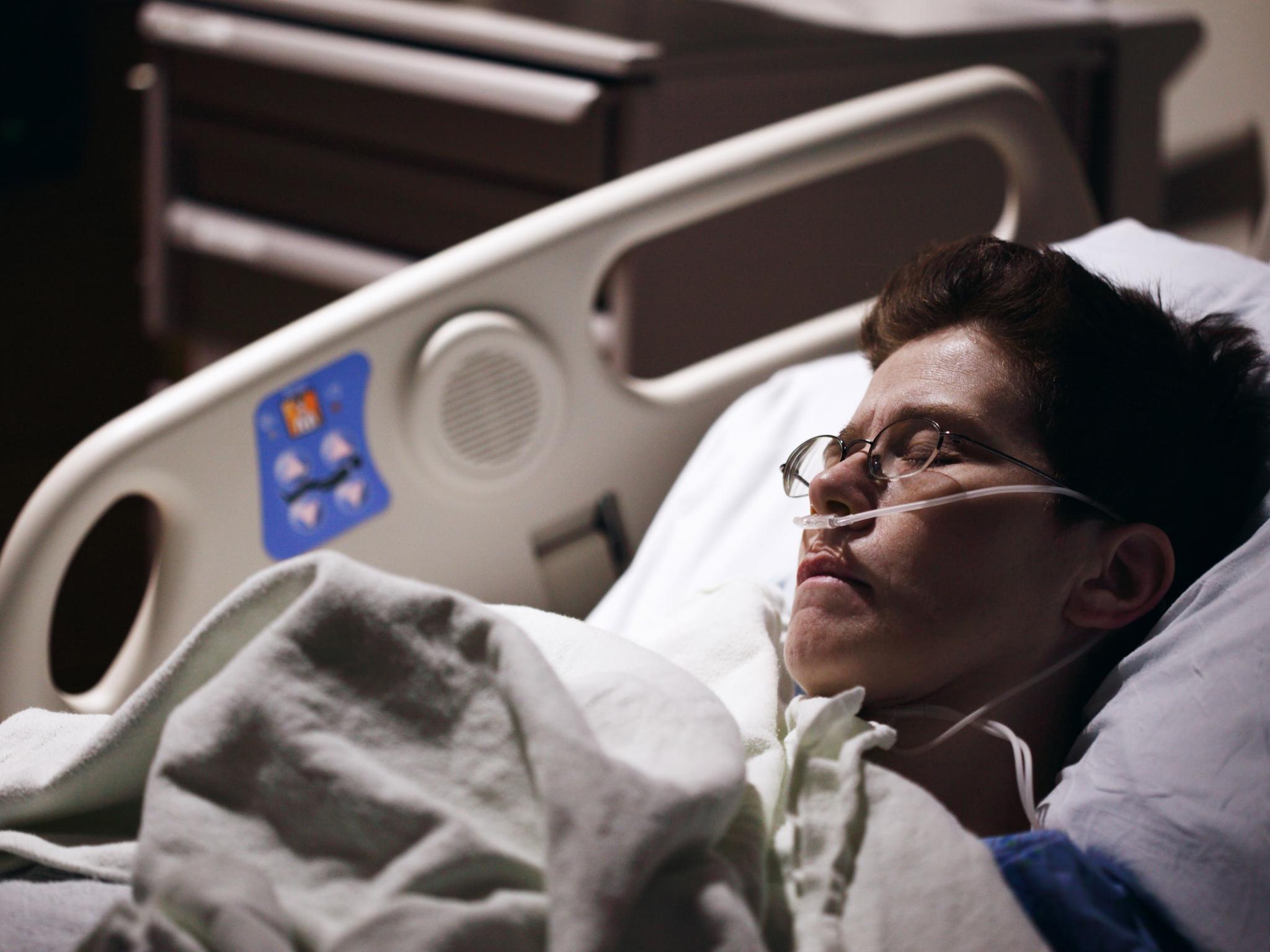
About a month after a study led by researchers at NYU School of Global Public Health, revealed that “copycat” edibles can have levels of tetrahydrocannabinol or THC “that far exceed the limits set by state cannabis regulations” and may be easily confused for popular snack foods, the US Food and Drug Administration (FDA) issued a warning to all consumers about the accidental ingestion by children of food products containing THC.
“Edibles are a popular and growing segment of the cannabis market. In states where cannabis use is legal, more than half (56%) of people who use cannabis consume edibles, with younger people more likely to do so,” reported NYU in a recent press release. “These copycat cannabis products are a public health concern given that people—including children—could mistake them for snacks and accidentally consume them. From 2017 to 2019, U.S. Poison Control Centers handled nearly 2,000 cases of young children ages 0 to 9 consuming edibles.”
FDA Further Explains The Problem
FDA said that THC edibles can be easily mistaken for commonly consumed foods such as breakfast cereal, candy, and cookies, and accidentally ingested, which can lead to adverse events, especially in children.
The agency further reiterated that some edible products are specifically designed to look like popular branded foods using similar brand names, logos, and package designs.
The FDA said is aware of reports of copycat products packaged to look like Cap’n Crunch, Cocoa Pebbles, Cocoa Puffs, Froot Loops, Fruity Pebbles, Nerds Ropes, Starbursts, Sour Patch Kids, and Trix, among others.
Examples of Products
Image: Courtesy of FDA
From January 2021 to April 2022, the FDA received more than 100 adverse reports of both children and adults who consumers THC-infused edibles. Some of those individuals had adverse events like hallucinations, increased heart rate and vomiting and many needed up in hospital.
Seven of the reports specifically mention the edible product to be a copycat of popular foods, such as Cocoa Pebbles, Nerds Rope, Skittles, Sour Patch Kids, and Starburst, reports FDA.
The FDA warning letter comes on heels of six students being taken to the hospital after eating cannabis-infused Cheetos at a California elementary school on Thursday, reported Insider.
What Should Individuals Do In Case Of Adverse Effects
The agency said it is engaged in finding the solution to this problem, constantly overseeing the market. It advises consumers to call 911 if someone is having serious side effect from these products, to keep them out of children’s reach, and to call the local poison control center (1-800-222-1222) if a child has consumed these product without waiting for symptoms to appear.
Photo: Courtesy of Sharon McCutcheon on Unsplash







